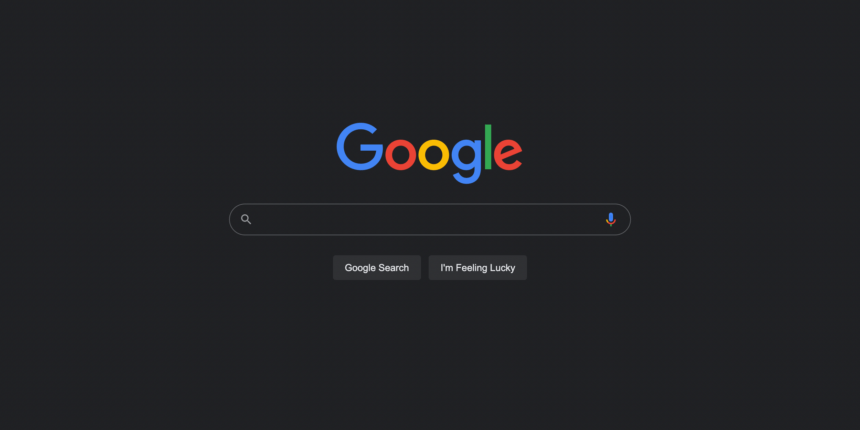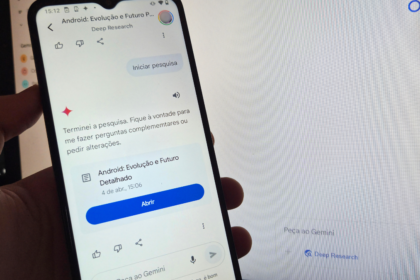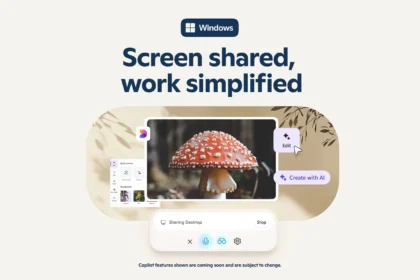Generative artificial intelligence (Generative AI) tools are poised to profoundly impact the online search industry. Analyst firm Gartner predicts that search query volume on conventional search engines could decline by 25% by 2026.
This forecasted disruption stems from the growth in adopting AI chatbots and virtual assistants. As these generative AI agents become more sophisticated at providing relevant information to users’ questions, they may reduce the need to perform searches on traditional web search engines.
The emergent capability of systems powered by generative AI signals a transformative shift that could substantially eat into the market share of dominant players in online search.
The shift towards AI and its impact on marketing
Companies must adapt their marketing channel strategies as the focus shifts from traditional search engines to artificial intelligence. Generative AI is increasingly becoming the go-to tool for providing alternative responses, replacing user queries previously handled by traditional search engines. This shift compels companies to reconsider their marketing channel strategies as Generative AI becomes more integrated into their operations.
In this evolving landscape, search engine algorithms will prioritize quality content to counter the proliferation of AI-generated content. Moreover, the significance of watermarks is expected to rise as a means of highlighting high-value content.
The era of traditional search engines is waning, and the monetization of the content upon which these AIs rely is pivotal. Many websites may struggle financially without effective monetization, potentially leading to closures. Therefore, finding sustainable monetization models is crucial for the survival of online platforms in this changing digital ecosystem.
The Future of Search Engines and Generative AI
While Google and other search engine providers may not welcome this prediction, it’s worth noting that they are the primary providers of Generative AI services. Google offers Gemini, while Microsoft provides Copilot.
Despite the potential decline in traditional search engine usage in favor of AI, companies like Google will likely still receive significant traffic. However, they may need alternative revenue sources to replace sponsored links, which currently contribute to their income.
The rise of Generative AI also opens the door for smaller players to become significant competitors in the search arena. Microsoft’s Copilot, essentially ChatGPT with web access, is well-known. Additionally, Perplexity, a startup backed by Jeff Bezos and NVIDIA, has attracted attention.
These developments suggest that the landscape of search engines could undergo significant changes, with new players emerging as viable alternatives to Google.










